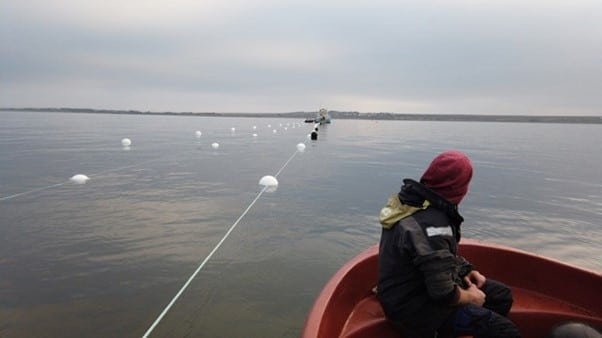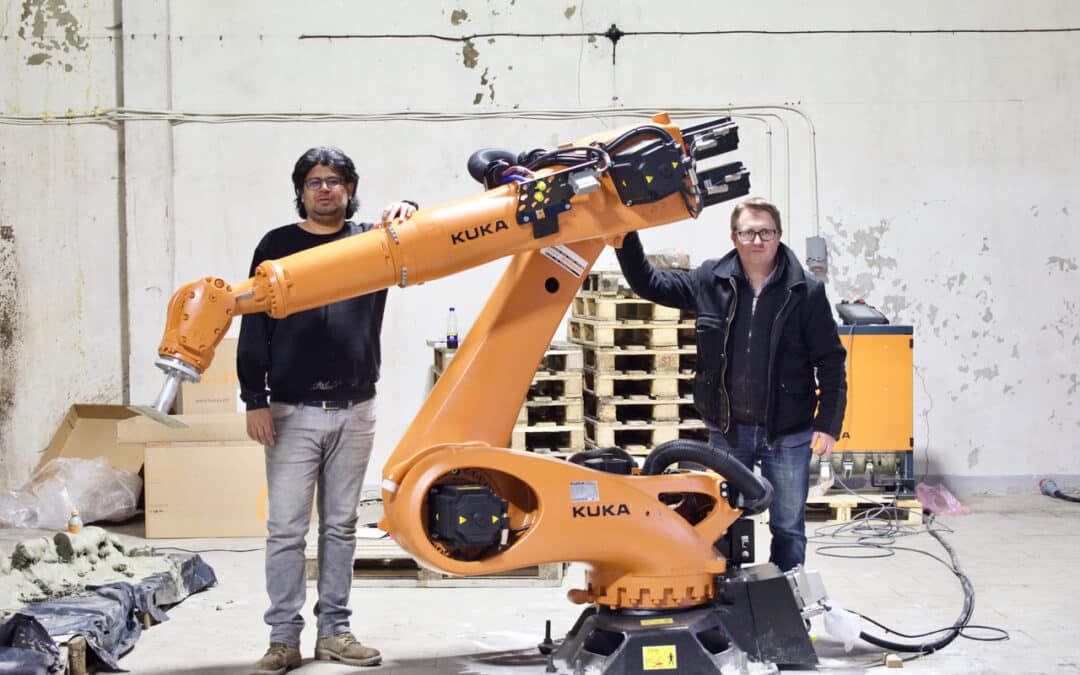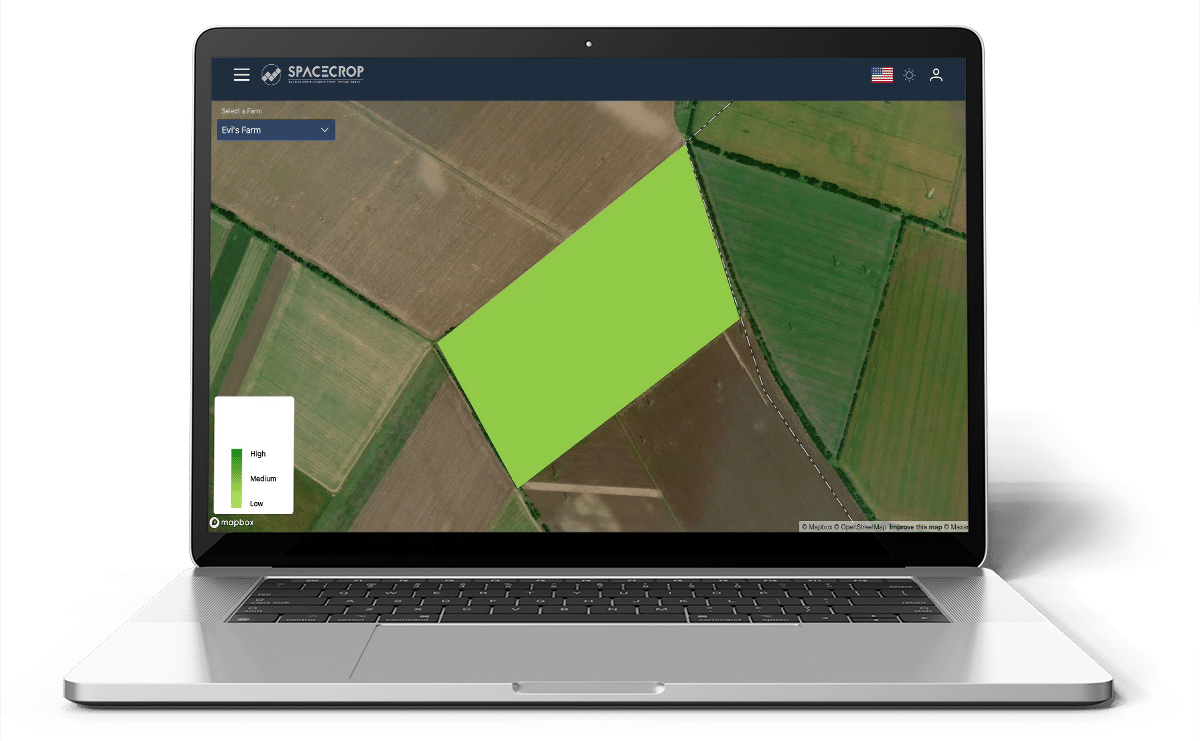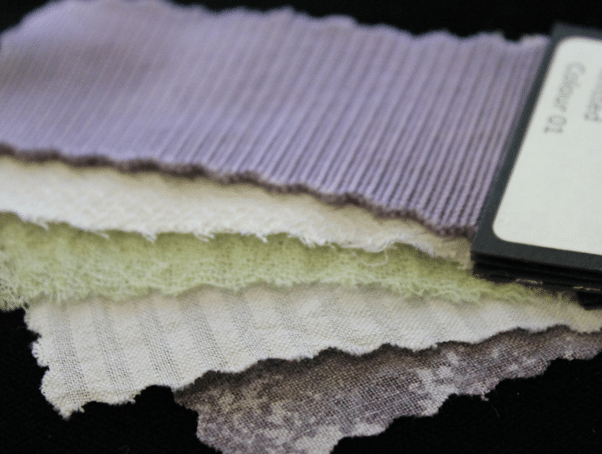How Catalyse NEB is accelerating sustainable innovation
In The News
26 Nov 2024
Would you like to find out more about the Catalyse NEB start-up accelerator? Watch the 2025 info session here.
The EIT Community New European Bauhaus (NEB) has launched the latest call for its popular start-up accelerator programme, Catalyse NEB. Led by EIT Climate-KIC, in partnership with EIT Food, EIT Manufacturing, and EIT Urban Mobility, this accelerator supports ventures in an 8-month programme that integrates the core NEB values of sustainability, inclusivity, and design beyond functionality into their business ideas.
Following last year’s cohort of 28 start-ups (some are pictured above at a recent Catalyse NEB event at Smart City Expo, Barcelona), this year’s programme will welcome 12 start-ups, providing funding and support to the value of €50,000, as well as access to investors, mentorship from industry experts, and training to scale up their products, ideas, and services. To inspire prospective applicants, we’re highlighting the journeys of four start-ups from last year’s cohort: Alga, Ekotekt, SpaceCrop, and Vienna Textile Lab. These ventures embody the programme’s core values in unique ways and demonstrate the transformative potential of Catalyse NEB.
Alga

Alga began as a personal mission to revive struggling coastal communities in the northwest of Ireland. Returning to her father’s homeland, Ann Ruddy – Alga’s founder – witnessed the same economic challenges that had driven earlier generations to migrate, such as ageing populations, declining fish stocks, and lack of opportunities for young people. Amid this backdrop, Ruddy recognised the potential for seaweed farming to create sustainable livelihoods in the area, and thus Alga was born.
Now, with the help of the Catalyse NEB programme, Alga’s team is developing a transportable demonstration unit to validate seaweed processing methods while scaling operations for commercial trials by 2025. International partnerships in the Caribbean, Africa, and India are already taking shape, and the company is raising €3 million in seed funding to establish the first commercial cluster of floating seaweed farms.
As part of this ambitious roadmap, Alga seeks collaborators to trial its seaweed outputs for applications like animal feed, sustainable medicine, and bioplastics. Ruddy invites investors and partners to help create opportunities for small-scale farmers and build a thriving seaweed economy.
Ekotekt

Abhishek Kumar, founder of Ekotekt, first developed an appreciation for sustainable design while studying under B.V. Doshi, the Pritzker Prize-winning architect. After leaving India, Kumar’s experience of the construction industry in Europe highlighted the inefficiencies, safety risks, and growing impact of labour shortages. His start-up, Ekotekt was founded to address these challenges using robotics and 3D printing to create carbon-negative construction solutions.
Start-up life hasn’t been easy for Kumar, and after some initial setbacks, signing a SAFE with EIT Climate-KIC and participating in the Catalyse NEB programme have delivered new levels of confidence to the founder. Ekotekt even earned high praise from the jury at the recent PropTech Startup Europe Awards. Since then, Ekotekt has won five European awards and attracted new collaborators for pilot projects.
Kumar’s immediate focus is scaling the application of Ekotekt’s innovative HempCon 3D panels, which reduce concrete usage by 70 per cent, store 14 kg of CO₂ per square metre, and can cut construction time by eight days. Ekotekt is currently raising €1 million to execute pilot projects and expand global patents. Partnerships with architects and developers are critical to proving the technology’s real-world impact.
SpaceCrop

For Mary Grace Gasco – founder of agricultural software company SpaceCrop – a childhood fascination with space evolved into a vision for smarter, more sustainable agriculture. Growing up in an agroforestry community in the Philippines, she witnessed how extreme weather events disrupted farming practices. After combining her later studies in environmental science with her exposure to developments in computing, Gasco launched SpaceCrop to help farmers optimise water use and improve crop yields through satellite data and artificial intelligence.
Early in her start-up journey, a visit to Cambodia revealed an unexpected insight for Gasco – women in agricultural households often make key financial decisions for their farms. This discovery reshaped SpaceCrop’s business strategy, incorporating gender inclusion into its approach. On another trip, fieldwork with Filipino cacao farmers revealed fungal diseases exacerbated by climate change. Through monitoring soil moisture and precipitation levels, SpaceCrop is helping farmers manage irrigation and increase crop resilience.
Following participation in the Catalyse NEB programme, SpaceCrop will establish a manufacturing facility for its field instruments and build out its data collection capabilities. The company is raising €800,000 to expand its sales operations and hire experts. With the goal of reaching one million farms, Gasco is calling on impact investors to join her in creating resilient agricultural systems.
Vienna Textile Lab

Vienna Textile Lab is revolutionising the textile industry by replacing harmful chemical dyes with microbial pigments that are sustainable and safe for both people and planet. CEO and Founder Karin Fleck established the company in response to one of the most pressing challenges in fashion and textiles – dyeing, a process responsible for significant greenhouse gas emissions and water pollution. Fleck’s early fascination with biobased materials as alternatives to fossil fuel-based systems, coupled with inspiration from Cecilia Raspanti of Textile Lab Amsterdam, sparked the idea that microbial dyes could transform the industry.
Through being part of the Catalyse NEB start-up accelerator, Vienna Textile Lab has gained critical support to scale its operations. To date, the company has tested over 30 microorganisms, selected three viable colours, and filed two patents. Partnerships with leading textile mills and fashion brands have confirmed the potential of these innovative dyes, which protect biodiversity and support circularity. Vienna Textile Lab has also benefitted from invitations to high-profile events like TEDx Bali and ChangeNOW in Paris.
After starting as a green business idea in the ClimateLaunchpad programme, Vienna Textile Lab is now working to upscale its production capabilities and expand into European, US, and Asian markets. The team is inviting collaborators to join their mission of rethinking colour and creating a greener future for the fashion industry.
The next Catalyse NEB start-up?
The inspiring journeys of Alga, Ekotekt, SpaceCrop, and Vienna Textile Lab demonstrate the impact of the Catalyse NEB programme. By providing tailored training, mentorship, and access to funding, the programme supports start-ups in scaling up their innovations and creating lasting change.
If you’re a start-up working in the fields of climate, food, manufacturing or urban mobility, this is your opportunity to join Europe’s only NEB accelerator.
Applications close on Monday 3 February 2025, at 17:00 CEST
Find out more and apply here





